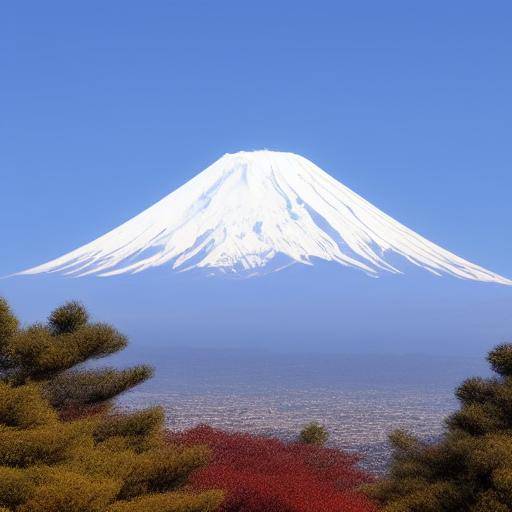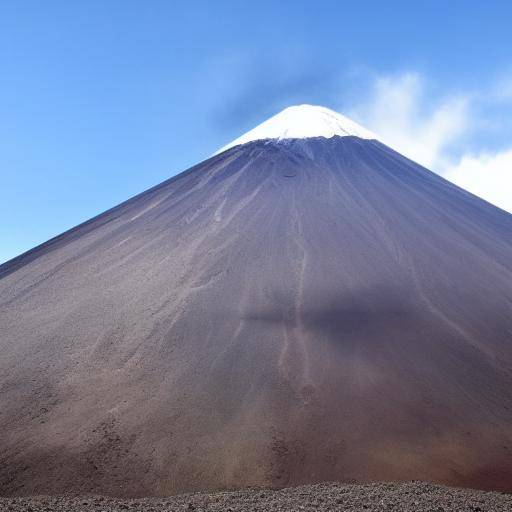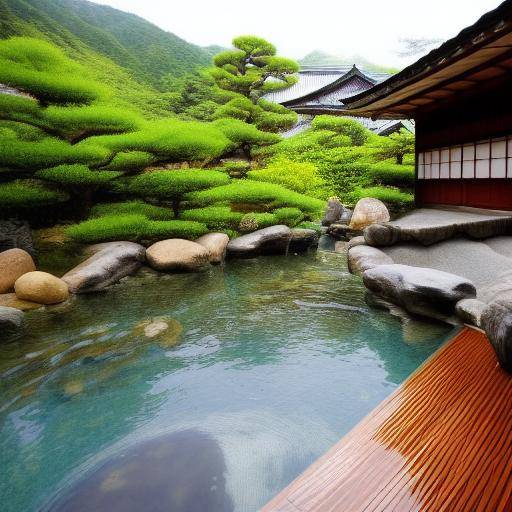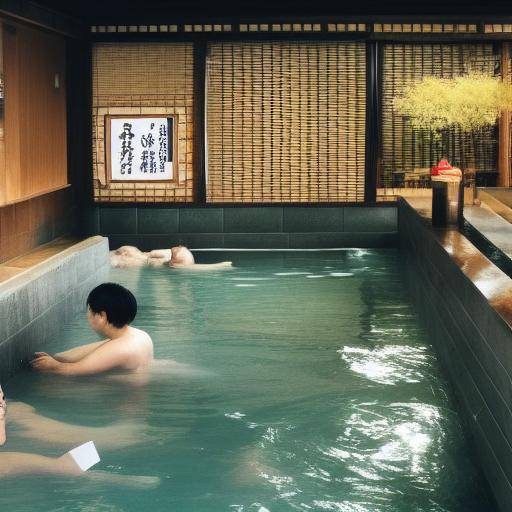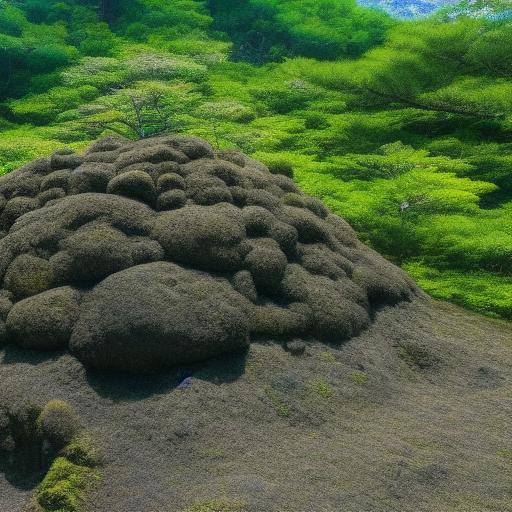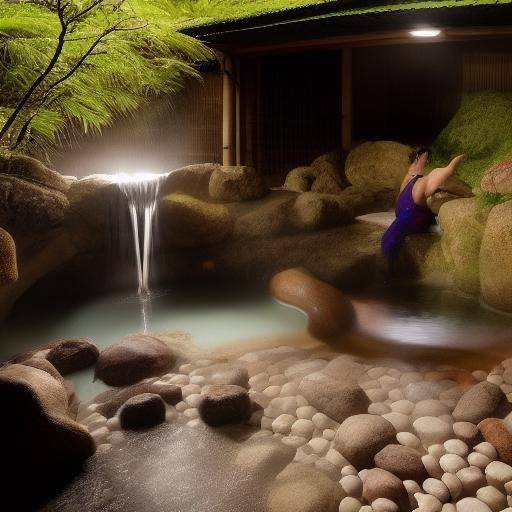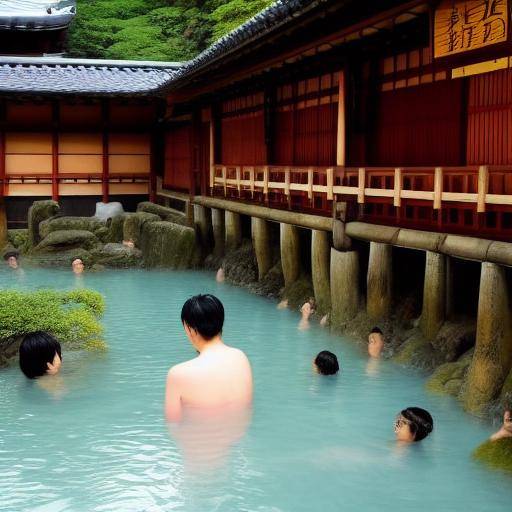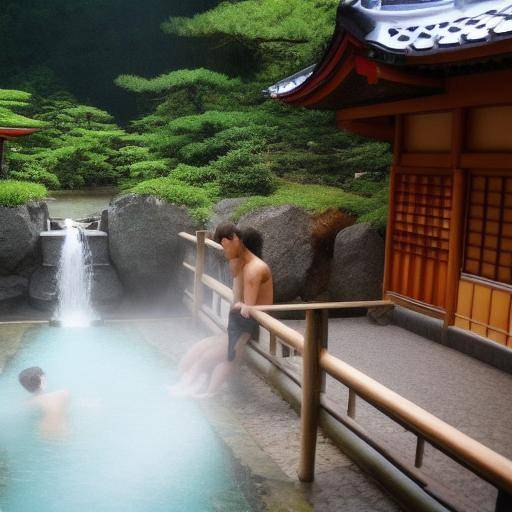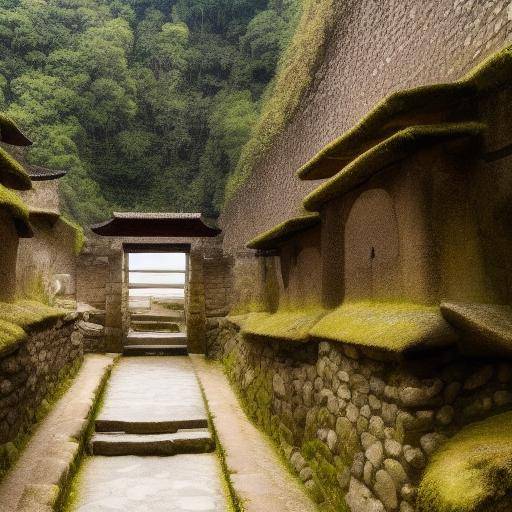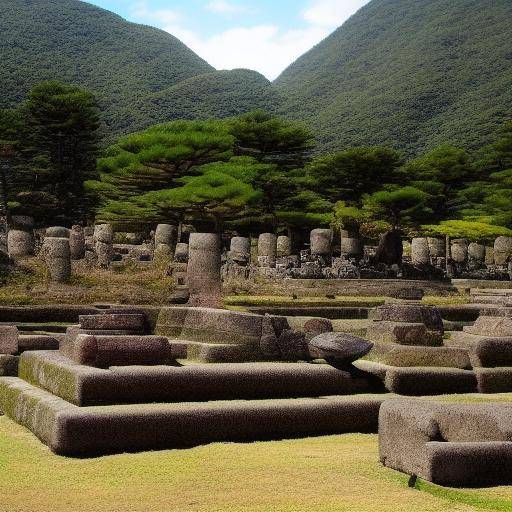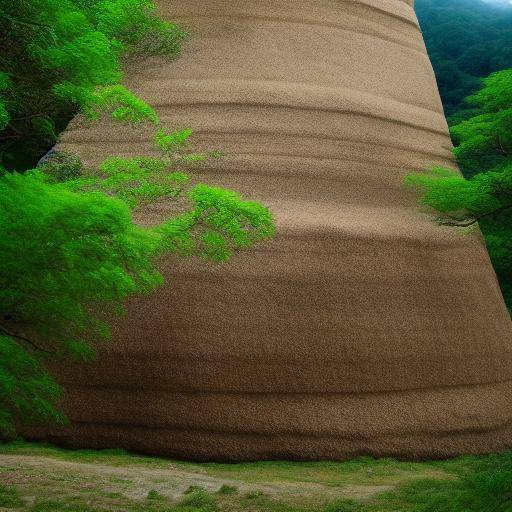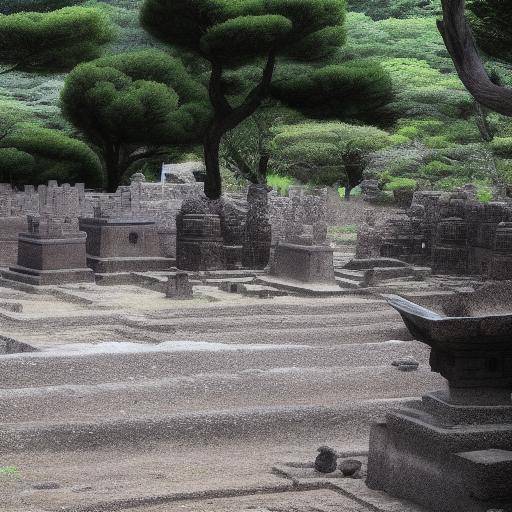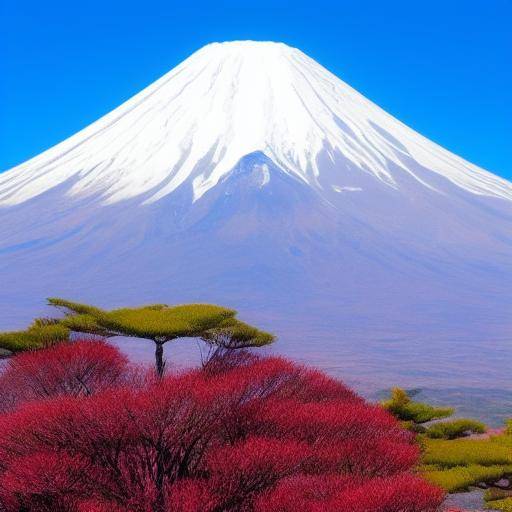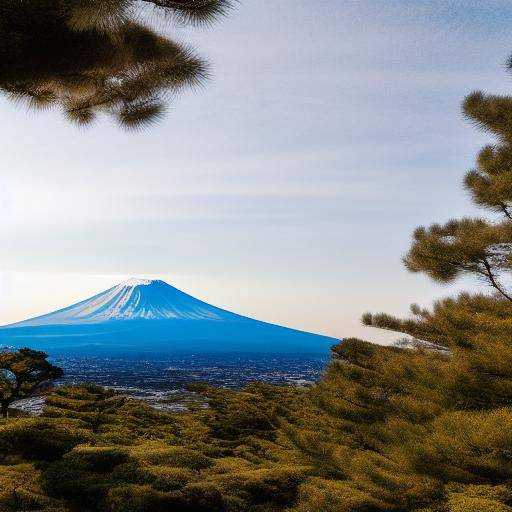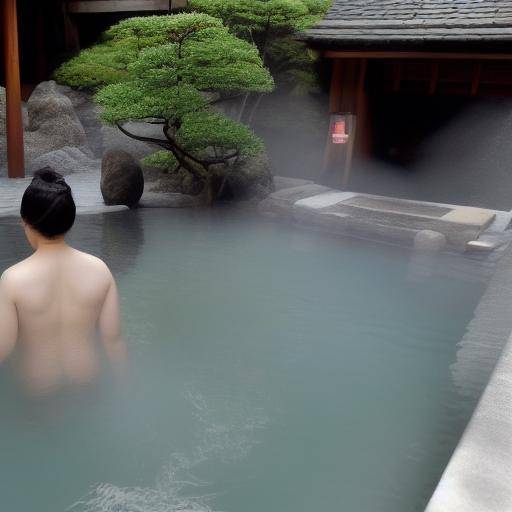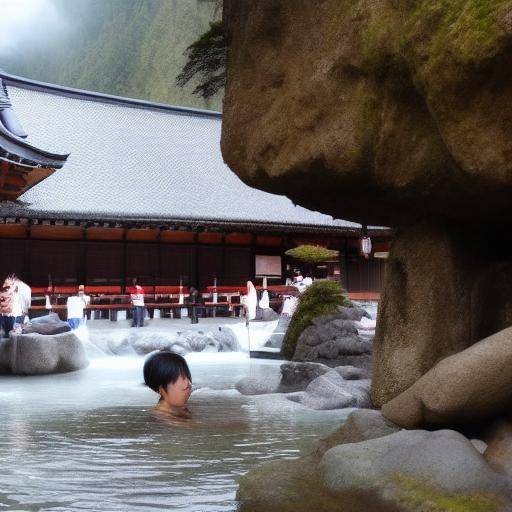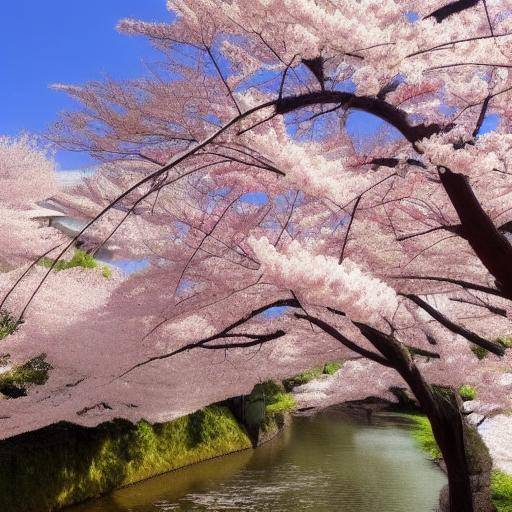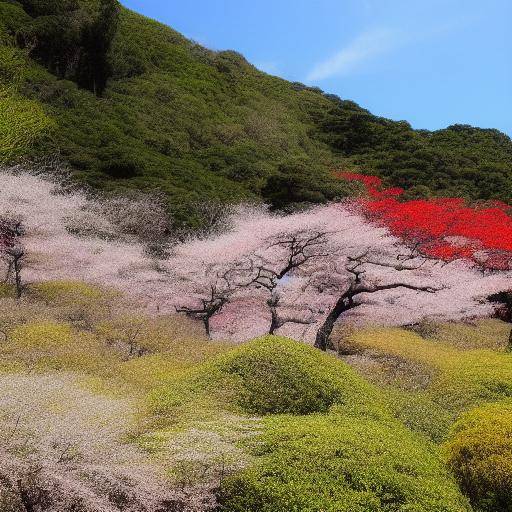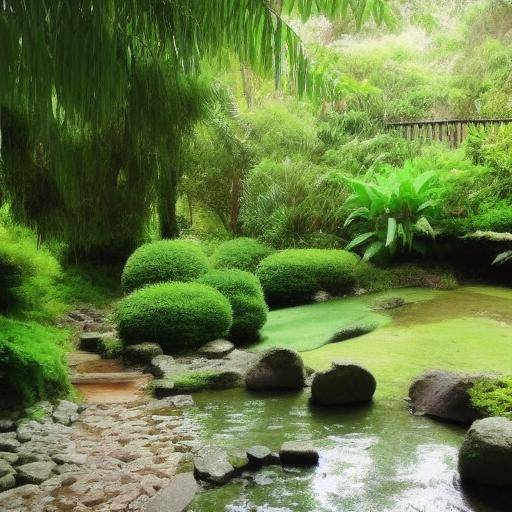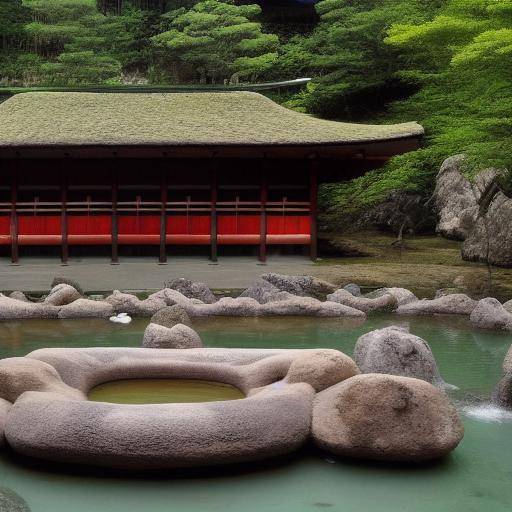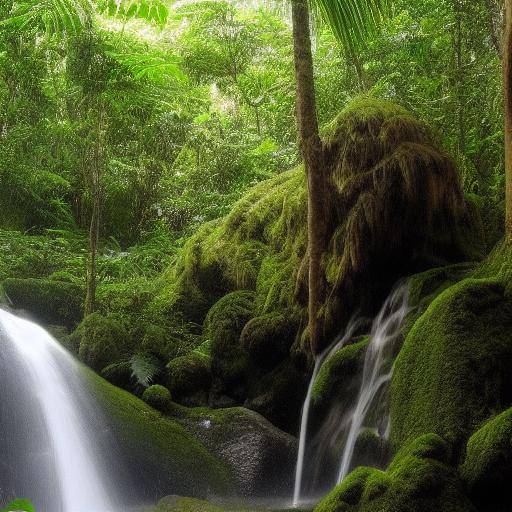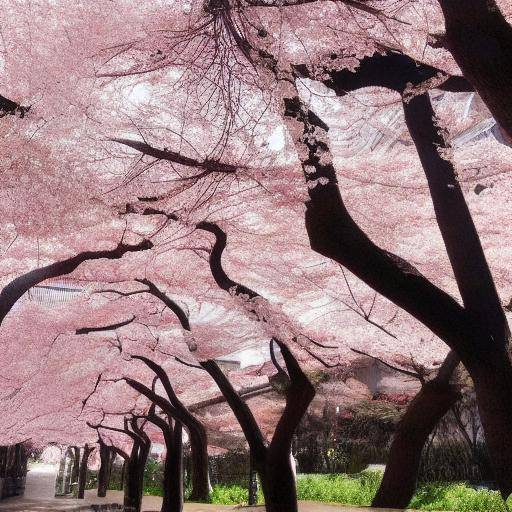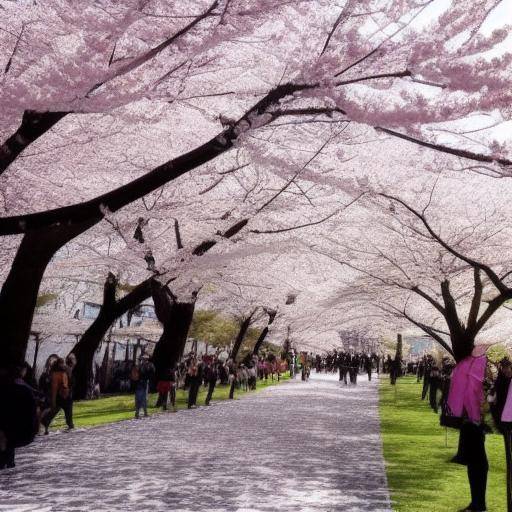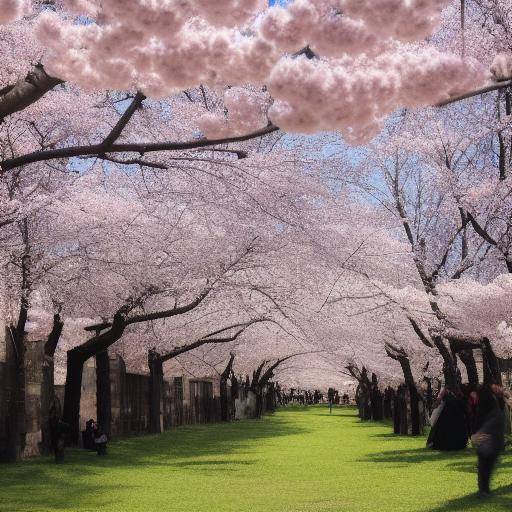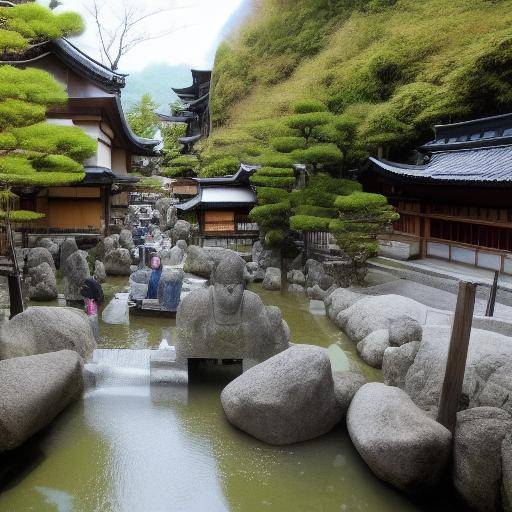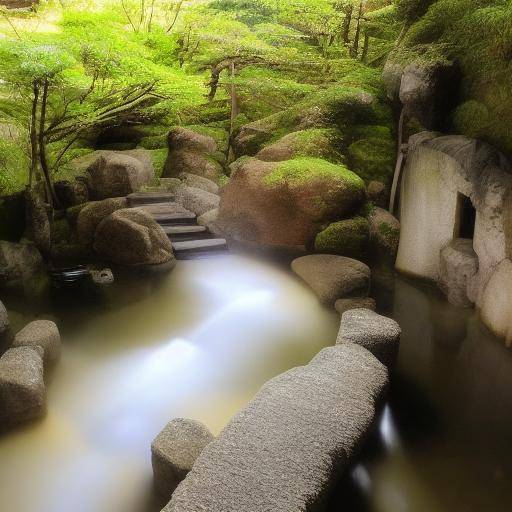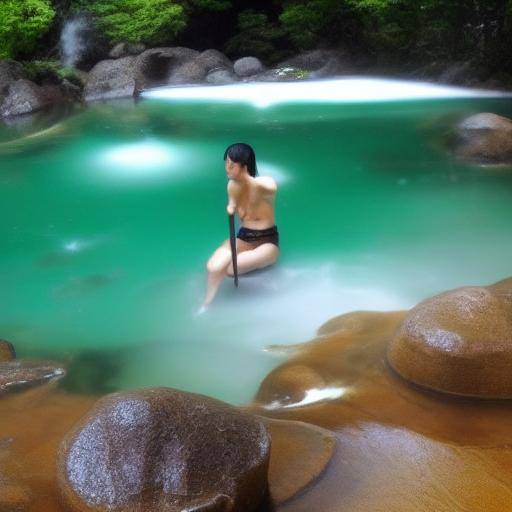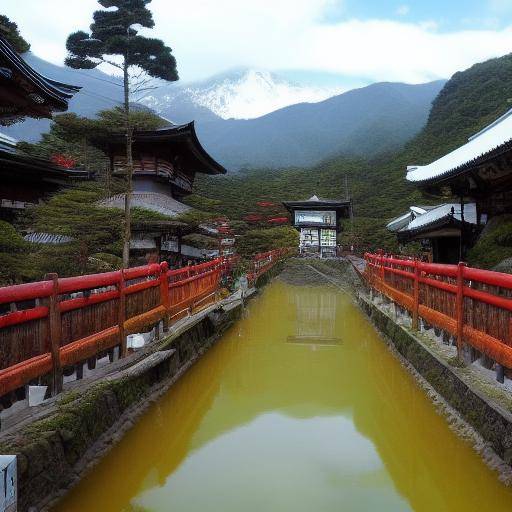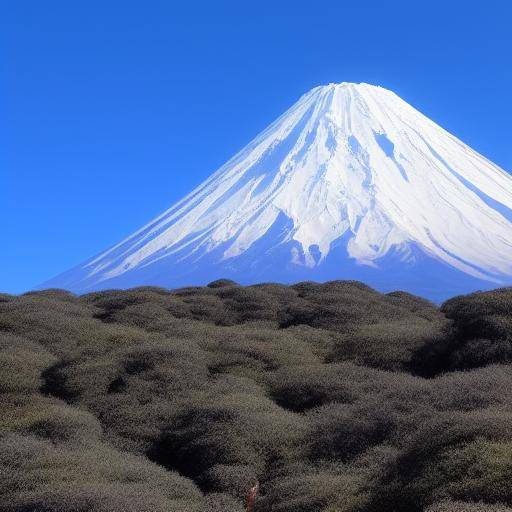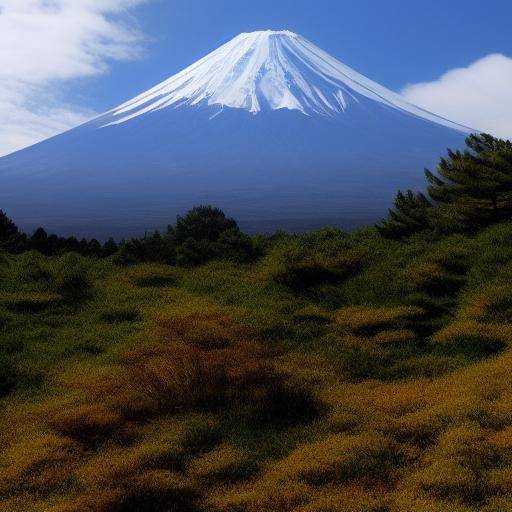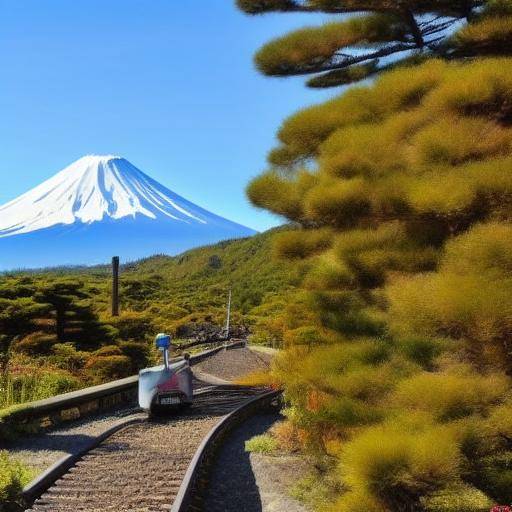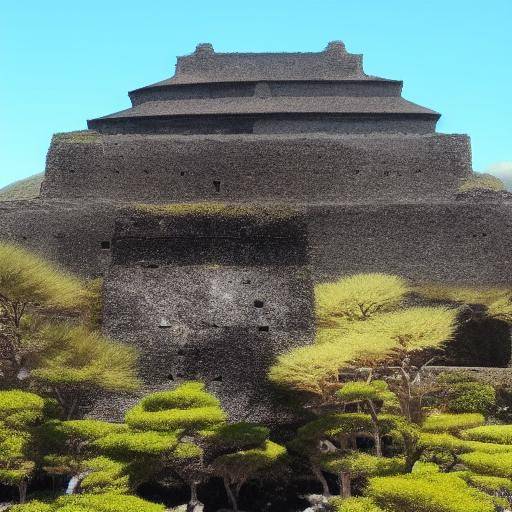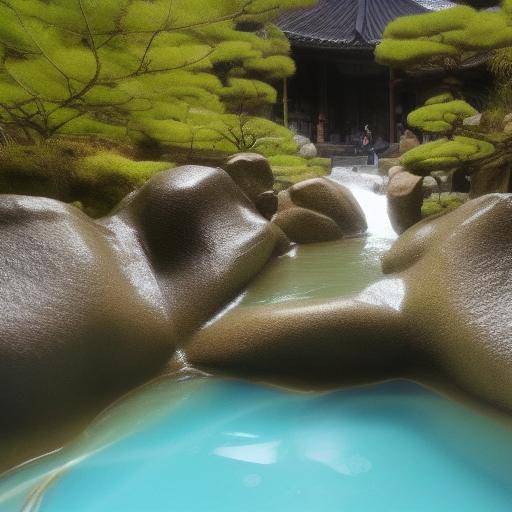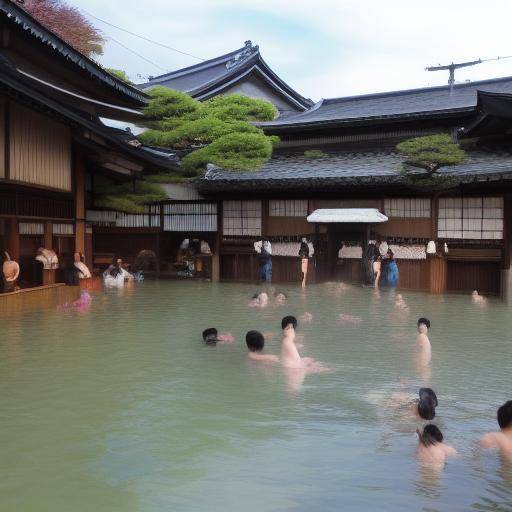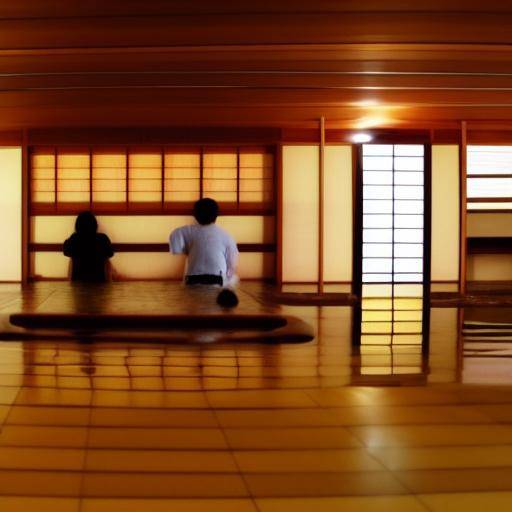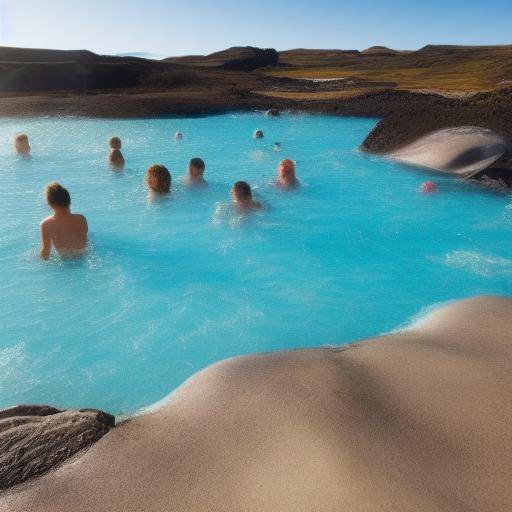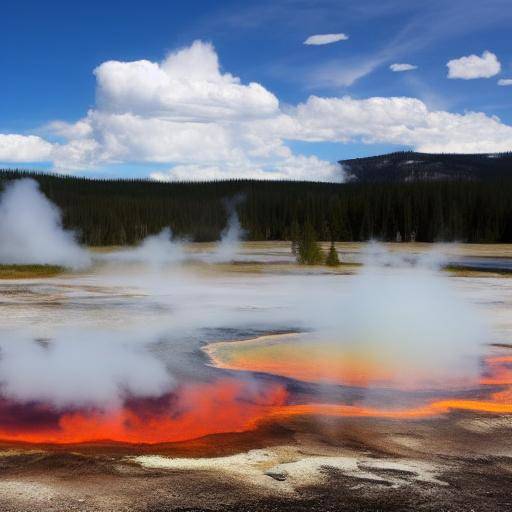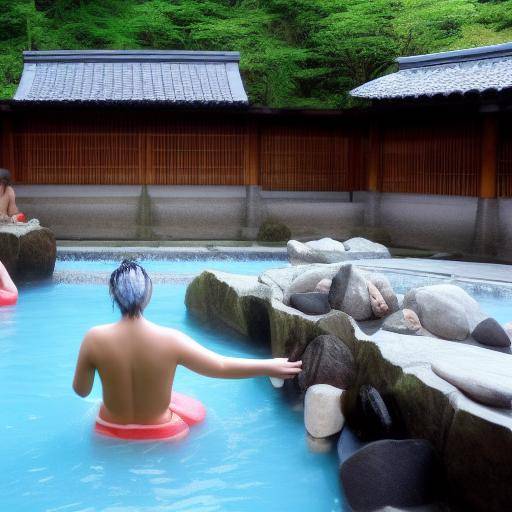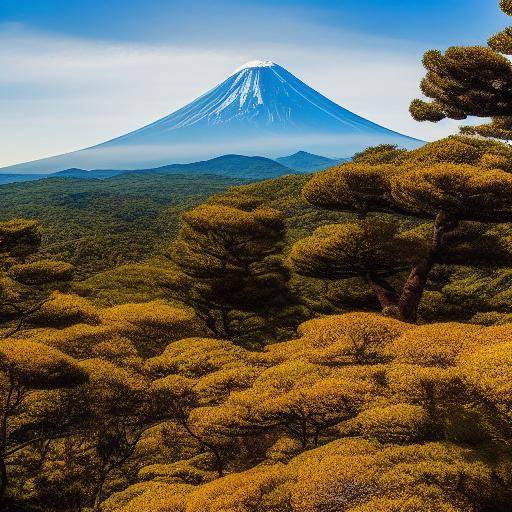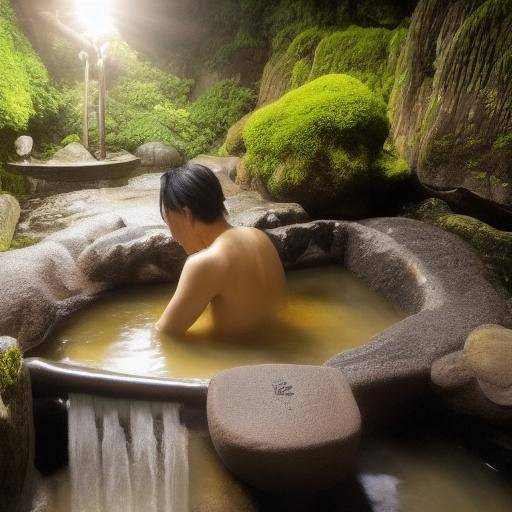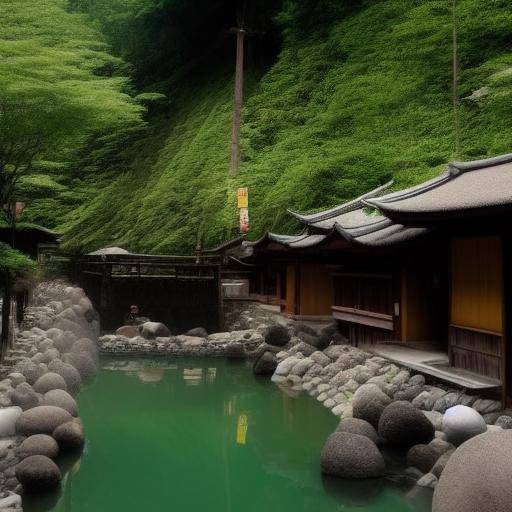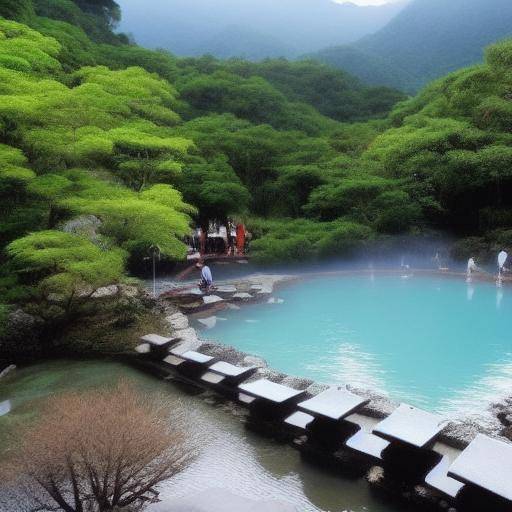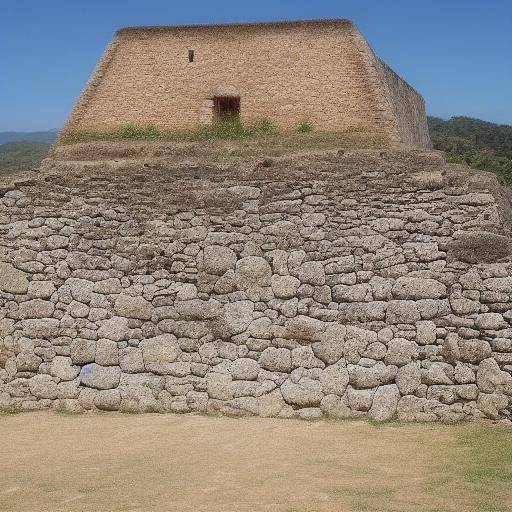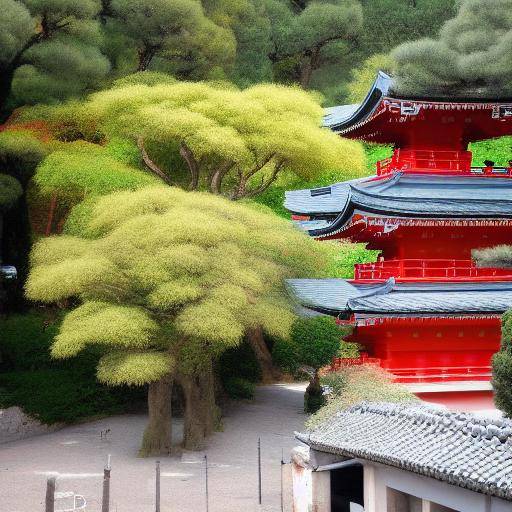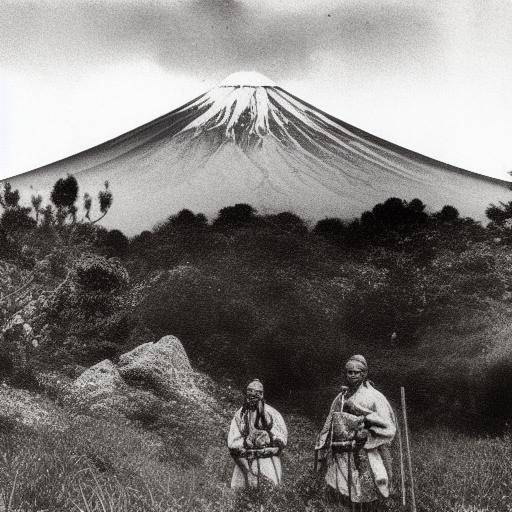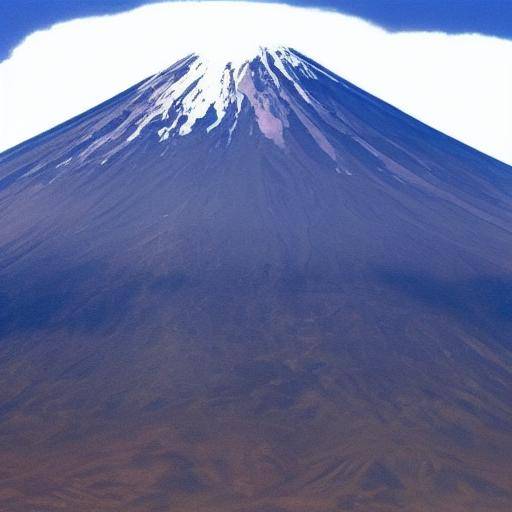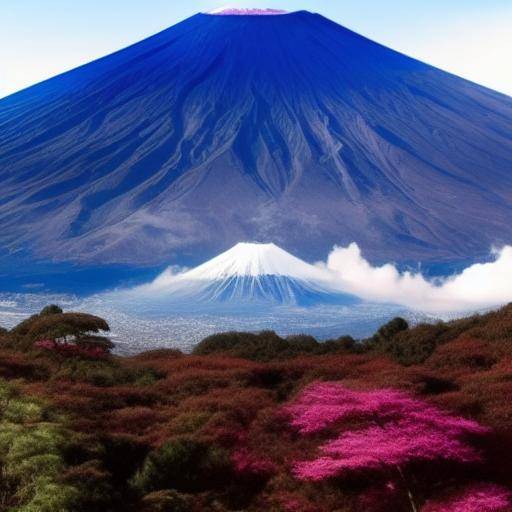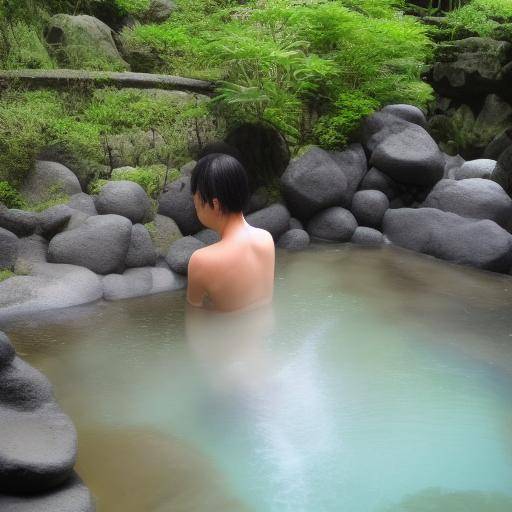
Japan is known for its spectacular landscapes, rich culture and focus on relaxation and well-being. One of the highlights of this experience is to dive into the Japanese thermal waters, known as "onsen". These natural baths not only offer therapeutic benefits, but also form an integral part of the country's cultural heritage. In this article, we will thoroughly explore the Japanese onsen, its historical, cultural and therapeutic meaning, as well as practical advice to maximize this experience.
Introduction
The onsen, natural thermal waters, have been a fundamental part of Japanese culture for centuries. These springs emanate from the earth, filling with minerals that are believed to possess healing properties. Diving in these waters goes beyond physical relaxation, as it represents a ritual deeply rooted in Japanese tradition. In this article, we will explore the historic and cultural meaning of the onsen, discuss their therapeutic benefits, and offer practical advice to maximize this unique experience.
History and Background
The onsen have a rich and fascinating history dating back centuries. In ancient times, they were considered sacred and used for ritual and medicinal purposes. The first recorded mention of the onsen dates from the eighth century, during the Nara period, when the first public thermal baths were built. During the Edo period (1603-1868), the onsen became popular destinations for rest and recovery, fostering a boom in the construction of ryokan, traditional inns offering accommodation and thermal baths.
Throughout the centuries, the onsen have evolved both in their form and in their meaning. Today, they represent a shelter of modern life, where people come in search of relaxation, relief of stress and physical healing. The onsen also play a vital role in promoting tourism, attracting both national and international visitors in search of a unique cultural experience.
Analysis in Deep
Onsen Benefits and Challenges
The onsen offer a range of therapeutic benefits, thanks to the combination of minerals present in the waters, such as sulfur, calcium, magnesium and iron. These minerals are believed to have healing properties for skin conditions, circulatory problems, muscle aches and joints, among others. In addition, plunging into an onsen can provide a sense of well-being and deep relaxation, contributing to mental and emotional health.
Despite their benefits, there are challenges associated with the onsen, including the need to maintain high standards of hygiene and the preservation of the surrounding natural environment. It is also important to consider the regulations and regulations governing the use of onsen to ensure the safety and satisfaction of visitors.
Comprehensive review
The onsen are not limited to simple thermal baths; they represent a fundamental aspect of Japanese culture and hospitality. In Japan, visiting an onsen is a total immersion experience in tradition, which includes purification rituals and specific label norms that reflect deep respect for nature and others. It is considered an act of renewal both physical and spiritual, where people can escape from everyday life and reconnect with themselves and nature.
Comparative analysis
When compared to spa practices in other countries, Japanese onsen stand out for their roots in tradition, their focus on simplicity and harmony with nature. While Western spas often focus on indulgence and ostentation, Japanese onsen prioritize serenity and contemplation, creating a space for introspection and spiritual renewal.
Practical Tips and Accessible Tips
If you plan to immerse yourself in the onsen experience, it is important to be familiar with the label rules and cultural practices that govern these spaces. Before entering the onsen, it is necessary to wash the body completely in the showers provided, respecting the standard of purification. It is also essential to respect the dress code, which often requires visitors to use only small towels to preserve modesty.
It is essential to be aware of the specific norms and customs of each onsen, as they may vary according to the establishment and the region. Some onsen may have tattoo restrictions, while others may offer additional amenities, such as outdoor bathrooms with stunning views. By being prepared and respecting the established rules, you can fully enjoy the onsen experience and its cultural significance.
Industry Perspectives and Expert Reviews
Specialists in well-being and therapy have highlighted the unique importance of Japanese onsen in the maintenance of physical and emotional health. The combination of therapeutic minerals, the connection with nature and traditional relaxation practices make onsen an invaluable tool for integral well-being. In addition, tourism experts have pointed out the attractiveness of the onsen as a distinctive component of the Japanese tourist experience, which contributes significantly to the attractiveness of the country as a tourist destination.
Case Studies and Real Life Applications
Many Japanese consider the onsen as vital tourist destinations, both for personal well-being and for the promotion of local tourism. For example, the Beppu region, known as the "city of the onsen", has managed to attract national and international visitors thanks to its various types of thermal waters and unique experiences, such as the "hells" (inferno), which are boiling springs with unique properties.
In addition, the ryokan who offer accommodation together with access to the onsen have generated a prosperous market and a wellness tourism niche in Japan. The combination of traditional Japanese hospitality with onsen relaxation practices has proven to be a successful formula to attract travellers in search of authentic and restorative experiences.
Future Trends and Predictions
As the approach to well-being and mental health continues to grow in contemporary society, the onsen are expected to continue to play a significant role in tourism and relaxation therapy. With increased awareness of the benefits of plunging into thermal waters, the onsen are likely to become even more popular destinations for both Japanese and international visitors. In addition, more onsen is expected to be integrated into the global welfare market, as more people seek authentic experiences and in harmony with nature.
Conclusions
In short, the Japanese onsen represent much more than simple thermal baths; they are shelters of relaxation, purification and connection with nature. Over the centuries, these thermal waters have been fundamental to Japanese culture and traditions, providing therapeutic benefits and promoting hospitality and well-being. Dipping into an onsen is a unique opportunity to immerse yourself in the rich Japanese history and culture, while nourishing the body and spirit.
Frequently asked questions
Are the onsen suitable for all, including foreigners?
Yes, most of the onsen hosted in ryokan or tourist facilities receive international visitors and are prepared to provide guidance on cultural norms and practices to follow.
Is it safe to dive into natural thermal waters?
Yes, as long as the hygiene and safety standards established by each onsen are followed. The Japanese are extremely demanding in terms of water quality and cleaning of the facilities.
What should I take to the onsen?
Most of the onsen provide towels and bathroom accessories, so you only have to wear your gear and personal items. However, make sure you check the specifications of each establishment before your visit.
What are the restrictions on tattoos in onsen?
Some onsen may have restrictions on tattoos due to historical associations with the yakuza mafia. However, many tourist establishments have eased these restrictions, and some even provide patches that can cover tattoos.
Are there different types of thermal waters in the onsen?
Yes, there are a variety of thermal water types with different mineral properties. Some thermal waters are known for their healing properties for the skin, while others are considered beneficial to relieve muscle and joint pains.
Is it possible to visit an onsen alone for the day or is it necessary to stay in a ryokan?
Some onsen allow access only for the day, but the full onsen experience is usually linked to a stay in ryokan, where the thermal baths are complemented by traditional Japanese hospitality.
What is the best time of the year to visit an onsen in Japan?
Any time of the year is suitable to visit an onsen, but many travelers especially enjoy the experience during the winter, when immersed in thermal waters in the outdoors gives a unique feeling of relaxation and connection with nature.
How can I find authentic onsen outside the best known tourist areas?
If you are looking for a more authentic and remote experience from the tourist areas, we recommend you to investigate onsen in regions less frequented by tourists. In addition, you can consult locals or find recommendations in specialized travel forums.
External link
Japanese onsen offer a unique experience that combines history, tradition, relaxation and well-being. Dipping into these thermal waters is not only an opportunity to enjoy the therapeutic benefits, but also to connect with the rich Japanese culture. We hope that this article has provided an integral view of the onsen, helping you to understand their cultural importance and to prepare you to enjoy this unique experience in your next visit to Japan.

